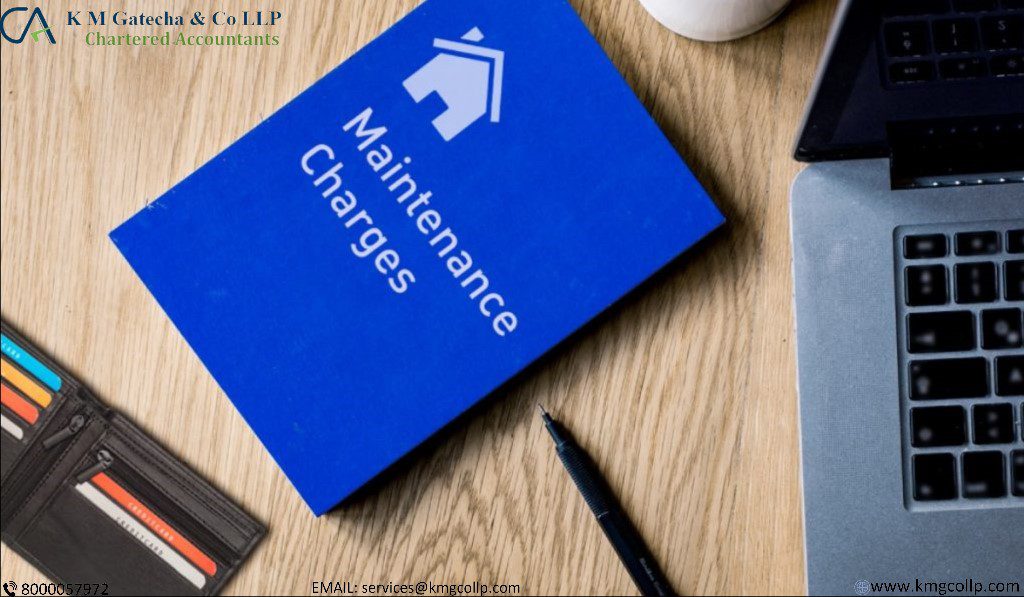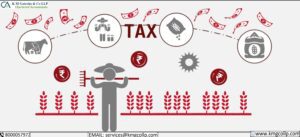Buyers must now pay the Goods and Services Tax (GST) on maintenance fees as well as the GST on any property acquisition. In this article, we will discuss ‘GST on housing society maintenance charges. On July 22, 2019, the government released Circular No.109/28/2019- GST, which addressed “Issues relating to GST on monthly subscription or contribution charged by a Residential Welfare Association (RWA) from its members.” An RWA collects maintenance fees and offers different services and goods for the common benefit of its members in a housing society or a residential complex.
The GST on maintenance charges would be 18 percent for apartment owners who paid more than Rs 7,500.
“In case the charges exceed Rs 7,500 per month per member, the entire amount is taxable,” the Finance Ministry said in a circular sent to field offices on how the RWA should compute GST payable. For example, if a member’s monthly maintenance fees are Rs 9,000, GST of 18 percent must be paid on the total sum of Rs 9,000, not on (Rs 9,000-Rs 7,500) = Rs 1,500,” it stated.
In terms of calculating the tax responsibility for a person who owns two or more flats in a housing society or residential complex, the Ministry stated that a monthly ceiling of Rs 7,500 per member will be imposed individually for each residential property owned by him. the residents’ welfare association (RWA) are also allowed to obtain GST input tax credit (ITC) on capital goods (generators, water pumps, lawn furniture, etc.), products (taps, pipes, various sanitary/hardware fills, etc.), and input services such as repair and maintenance services, according to the Ministry.
When does GST apply to maintenance charges?
If the total amount of maintenance charges levied by the housing society exceeds Rs 20 lakhs in a financial year, the housing society must register under the GST legislation and get a registration number.
When computing the Rs 20 lakh limit, even exempt items like the recovery of property tax and utility payments from the member must be taken into account. A housing society is required to collect GST from its members if the sum of the charges during a financial year (whether subject to GST or not) exceeds Rs 20 lakhs.
Even though a housing society’s registration barrier is Rs 20 lakhs, it is not obligated to levy GST if the monthly maintenance rate for each flat or office does not exceed Rs 7,500.
As a result, in order to levy GST on maintenance payments from its members, the housing society must satisfy two conditions:
- The total amount of the society’s costs should surpass Rs 20 lakhs in a financial year, and
- the monthly maintenance price for each flat or office should be more than Rs 7,500.
The GST is levied on which component of maintenance charges?
It is not necessary for the organization to charge GST on all of the items included in the invoice to the members. The housing society is not permitted to collect GST on charges that are essentially reimbursements for expenses incurred by the society and recovered from members. Municipal taxes, property taxes, water bills, non-agricultural land taxes, electricity bills for common areas, and other taxes and utility payments made on behalf of housing society members may be included. Contributions to the sinking fund are also exempt from GST. The housing society, on the other hand, must charge GST on members’ contributions to the repair fund.
Input tax credits, GST rates, and the reverse charge method
Housing societies are currently required to charge an 18 percent GST on the maintenance fees collected from their members under the GST in real estate. Input tax credits for GST paid on certain supplies obtained, such as security, lift and premises maintenance, or payment of audit fees can be claimed by the housing society.
Although the society can claim input credits for certain purchases, it cannot lower the GST rate charged to its members. If the society is GST registered, it must also pay GST on all services or items obtained from unregistered suppliers using the reverse charge system.
Conclusion:
In terms of the tax implications for housing societies, the current position under Service Tax is aimed to be maintained under GST. The tax burden under GST will be lower because the society will be able to claim ITC, which was previously not allowed under service tax. Furthermore, the exemptions provided ensure that no tax burden is imposed on smaller societies where the monthly contribution of individual members does not exceed Rs. 7,500/-. In summary, GST will be a more favourable tax regime for housing societies than service tax.
Frequently Asked Questions:
The Central Board of Indirect Taxes and Customs (CBIC) announced in July 2020 that if the total amount received as maintenance charges exceeds Rs 7,500, the cooperative housing society will be required to levy and collect GST (at the rate of 18%).
No GST is to be levied by the housing society on the monthly bill raised by the society (and the amount is for the purpose of sourcing goods and services from a third party for the common benefit of its members). If the monthly contribution exceeds Rs. 7,500/-, however, GST will be charged.
Disclaimer: The main goal of this article is to “assist investors in making informed financial decisions.” The above information is provided only for educational purposes. Readers are advised to exercise caution and seek professional counsel before relying on the above information. K M Gatecha & CO LLP is not liable for any loss or harm incurred by readers who take action based on the information provided in this article. “Please keep in mind that the opinions expressed in this Blog/Comments Section/Forum are clarifications intended for the readers’ reference and guidance as they investigate further on the topics/questions raised and make informed decisions. These are not intended to be investment advice or legal advice.”
Table of Contents
Toggle



